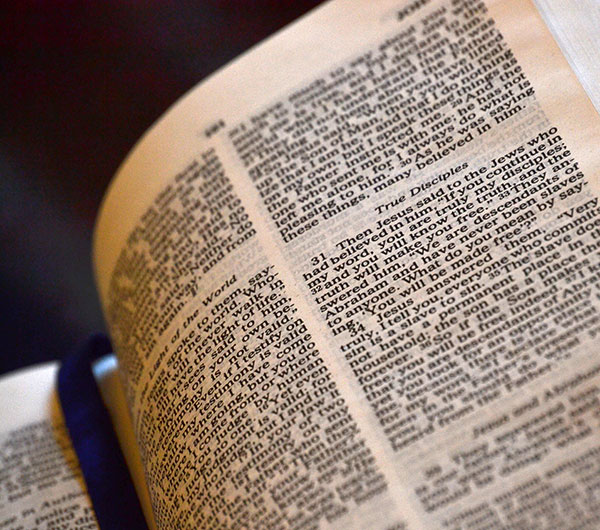By Jay H. Steele
For the past year, Minnesota has been in the national news following the killing of George Floyd by Minneapolis police officer Derek Chauvin. The prosecution and defense attorneys wrapped up their case in the trial of Officer Chauvin this week, and on Monday will present their closing arguments. Then the state, city, and nation await the verdict of the jury.
Meanwhile, as the trial was underway, another Black man, Daunte Wright, was gunned down on Sunday of this week at the hands of a white police officer in the suburb of Brooklyn Center. The officer, Kim Potter, apparently thought she was firing her taser at Wright but instead shot him with her handgun. He died after fleeing a short distance in his car.
In recent days, the ranks of protesters, already gathered in anticipation of the Chauvin trial verdict, have swelled in Brooklyn Center and around the twin cities metro area. Government buildings in Minneapolis, St. Paul, Brooklyn Center, and some other suburbs have been wrapped with fencing in anticipation of the possibility of violence. Many businesses also are closed or limiting their hours.

When I moved to Minnesota 26 years ago, I learned about “Minnesota Nice.” It’s the friendly but somewhat frosty greeting you get from locals, befitting the German and Scandinavian immigrants who initially settled the state. What I did not know about until I had lived here for several years was the long history of racial discrimination exemplified by the racial codes–red-lining–written into property deeds in many twin cities neighborhoods, which prohibited the properties from being sold to anyone of color. African Americans in particular were long segregated into a few less-desirable areas of the metro region.
But the twin cities has seen profound demographic changes in the last two decades. Waves of Hmong refugees from southeast Asia have settled in the metro area, followed by Somalis from the Horn of Africa, and Hispanics coming north from Mexico and Central America.
Open Circle Church of the Brethren is located in the suburb of Burnsville, just south of Minneapolis. The most recent statistics available show a student population of 8,000 in the Burnsville School District–32 percent are white, 29 percent are Black/African American, 21 percent are Hispanic, 8 percent are Asian. Visit a farmer’s market, walk into any grocery store, or patronize the wide variety of ethnic restaurants and stores and you will see this diversity in our surrounding communities.
It’s a welcome sight for members of Open Circle. Our tagline is “Thinking Encouraged, Diversity Welcomed.” From our beginning in 1994, we have welcomed all into our community, and have attracted congregants who are active in politics, community organizing, volunteering, and protest when necessary on behalf of individuals or communities facing discrimination. We rent our building to a Hispanic congregation made up of predominantly undocumented immigrants. Their presence in our midst, and the risk they faced from an unfriendly federal government, prompted us to become a sanctuary-supporting congregation.
We have done a lot of thinking and learning in the past year of COVID lockdown as we have welcomed LaDonna Sanders Nkosi, director of the Church of the Brethren Intercultural Ministries, to join us for virtual worship with members of her faith community. We have watched many videos together learning about white privilege, institutional racism, the history of discrimination against Asian Americans, African Americans, and Native Americans. We have read many books together on these subjects. We have used our time in isolation well.
The advent of police bodycams and the widespread use of cellphones to document instances of police and citizen mistreatment of people of color has exposed for all to see the ugly underbelly of prejudice and racism in Minnesota and around the country. It is painful to see, but it is necessary to see because it is part of the truth about us. “And you will know the truth, and the truth will make you free” (John 8:32).
I firmly believe that if we want to find God, we need to be with the victims of this oppression and prejudice. I also firmly believe that God is calling us forward to a better future where diversity is seen as a strength and all God’s children have an equal opportunity to learn, work, and recreate without fear.
While we are on edge about what might transpire in the twin cities over the coming days, we at Open Circle are happy and grateful to be working on behalf of this better future.
— Jay H. Steele is pastor of Open Circle Church of the Brethren in Burnsville, Minn.
‑‑‑‑‑‑‑‑‑‑
Find more Church of the Brethren news: